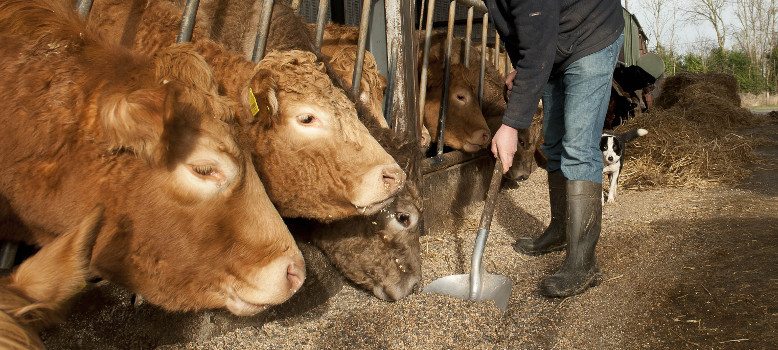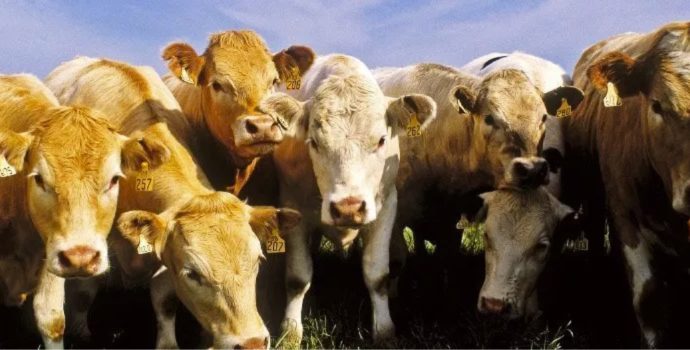Record 50c/kg Beef Price Gap Poses Serious Questions about Bord Bia Tracker

IFA Livestock Chairman Brendan Golden said the latest Bord Bia Beef Price Tracker has opened a gap of almost 50c/kg with our beef prices, which is unacceptable.
He said factories are failing to reflect the value of the market and cuts over the past few weeks are at odds with strengthening prices in our key markets as we face into the key Christmas trade.
The IFA Livestock Chairman said the Prime Export Benchmark Price increased throughout the month of October alone by 7c/kg, to €4.96/kg. Over the same period, factories here have slashed beef prices by 15c/kg, bringing the Prime Irish Composite Price back to €4.47/kg, or a differential of 49c/kg. This equates to almost €200 for a 400kg carcase.
Brendan Golden said the opportunism of factories must stop and beef prices must reflect the reality of the market place.
He said the current price differential is the largest recorded between our prices and the price paid for beef in our key markets.
“The beef price tracker was put in place to improve transparency around prices in our key markets. If the current gap has not raised concerns with the Minister for Agriculture Charlie McConalogue and Bord Bia, then the tracker is of no benefit to farmers,” he said.
He said the Minister for Agriculture has a key role to play and he must intervene as a matter of urgency.
“The level of market dysfunction has reached a critical stage and the Minister must call out the failure of factories to return viable beef prices to farmers, and support the sector with direct payments to farmers finishing cattle over the winter months,” he said.
Brendan Golden said IFA has sought an urgent meeting with Meat Industry Ireland on the issue.
Turning to the Minister for Agriculture, Brendan Golden said the scale of input cost increases beef finishers are experiencing will not be addressed solely from the market place.
“Teagasc have identified beef prices of €5.85/kg to €6.00/kg to breakeven from winter finishing. The Minister must put in place direct targeted supports for farmers feeding cattle over the winter months to offset this level of risk,” he said.



